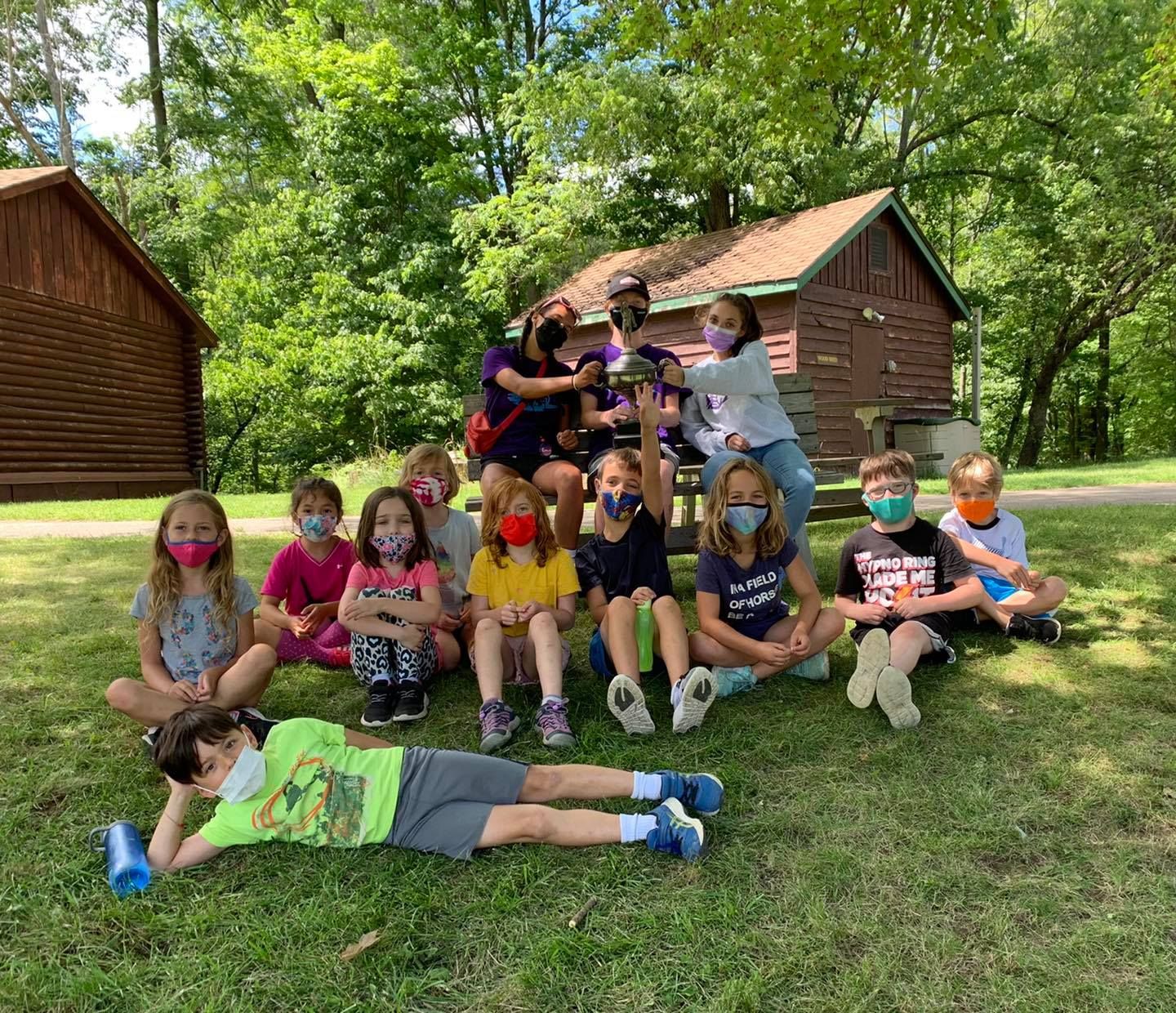By Zoe Oliviera and the Canterbury Hills Camp staff
Ever since I was a kid, summer camp has been a beacon of pure and undeniable joy. There was always laughter to be found between the walls of beloved cabins and memories to be made in the rolling hills of the woods. New friends embraced you just by welcoming you to join in a game of crazy eights, and leaders became superheroes between the verses of their off-key campfire songs. Summer camp opens a world of possibility, if just for one week out of the entire year, and my understanding of this has only grown since becoming an honoured member of camp staff.
But this year was different. This past summer, more than ever, my fellow staff and I watched the change Canterbury Hills made in the lives of its campers, as well as their parents. Camp was not just childcare this summer. It was a much-needed break from almost two years of our digitalized and socially distanced world. It was a reintroduction to the socialization we’ve all long missed, and a reminder that our struggles through the dark will be matched and outshone by our triumphs in the light.
For many of our camper families, this summer was a matter of trying something new, even if Canterbury Hills Camp was a familiar household name. It was new to everyone, being around people again, but most especially for kids. On any given week, our campers’ ages range from five to fourteen years old. That means that for some of them, the only world they can remember with clarity is the one clouded by the pandemic.

This did not go unnoticed by parents, and for many, that made the decision to return to camp all the more obvious. Our staff could note the change even in themselves: “waking up and spending my day with all the fresh air and leaders [makes] me feel so much healthier and happier than I [have] been in a long time.” Another, like many parents at our daily arrival and departure, noted that camp helped them “reconnect and get back in touch with [their] social side.” This was an especially important factor for many families, as the pandemic was a major roadblock in the ongoing development of their children’s hands on soft skills like empathy, sharing, and communication. Such life skills cannot be transcribed as easily through a computer screen, a note that one parent touched on in our camper family survey. They expressed how much they “love how they are outdoors all day [with] no computers,” while another commented that “All three of [their] kids with … completely different [sets] of interests had a great time!”
Despite the many struggles and challenges our camp community has been faced with these past few months, our summer camp program was able to deliver beyond expectations and cater to a wide range of age ranges and activity interests. The pandemic changed much in regard to how we did this; masks were a must whenever social distancing wasn’t possible, and every leader was regularly equipped with hand sanitizer and disinfectant wipes. Regardless of the outlying considerations, summer camp, and Canterbury Hills, delivered unfailingly.
I am proud to say that when I walked down the path at camp this summer, I could hear how the laughter fought against the confines of the cabin walls, and how the shouts of running games echoed up the hill from the woods. I watched friendships form over decks of cards and joined in on many off-key sing-a-longs. I watched every camper that walked through our gate open themselves up to a world of possibility, if only for one week out of the entire year, and I can say with certainty that it made all the difference.
Source: The Niagara Anglican Newspaper



